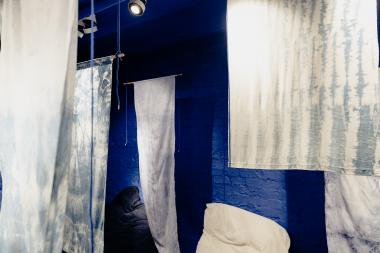Carbios publishes first Sustainability Report
Carbios published its first Sustainability Report using 2021 as the baseline year. The report outlines Carbios’ commitment to developing environmental, social and governance (ESG) initiatives that go beyond the industrial development of its innovative plastics biorecycling technologies. Although not subject to the regulatory requirement of the Non-Financial Reporting Directive (NFRD), Carbios has nonetheless structured its report in accordance with the requirements of the European directive on Extra-Financial Performance Statements.
Carbios’ sustainability strategy is based on three pillars (governance and ethics, the environment, social and societal issues) divided into 22 priority material challenges. Carbios’ Sustainability Report reflects the company’s dedication to transparency in action and highlights its efforts in areas such as environmental sustainability; employee relations, diversity and inclusion; and corporate governance.
Within its 2021 Sustainability Report, Carbios has formalized several targets including:
ENVIRONMENTAL OBJECTIVES
- Use the Life Cycle Assessment (LCA) method to maximize circularity and aim for the lowest carbon impact
- Commit to depolymerizing 60 tons of PET in 2023 at the Demonstration Plant in Clermont-Ferrand: the equivalent of about 3.2 million plastic bottles or 4 million food trays
SOCIAL OBJECTIVES
- Contribute to local economic development in France: the world’s first industrial-scale enzymatic PET recycling plant in Longlaville will create 150 direct and indirect jobs
- In a context of strong growth, promote employee well-being and safety by developing training, and ensuring the management and prevention of psycho-social risks
- Strengthen commitment to supporting international research through academic partnerships and scientific publications
GOVERNANCE OBJECTIVES
- Achieve 40% female members of the Board of Directors by end 2023, and 40% on Executive Committee by end 2024
- Achieve 60% independent members of the Board of Directors by end 2024
- Structure CSR governance with the creation of a CSR committee and integrate sustainability objectives into Executive’s compensation starting fiscal year 2023
Carbios





























